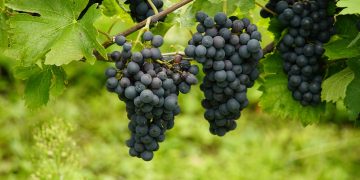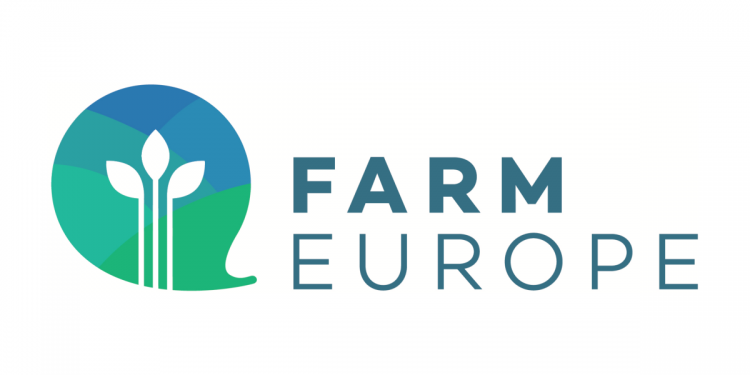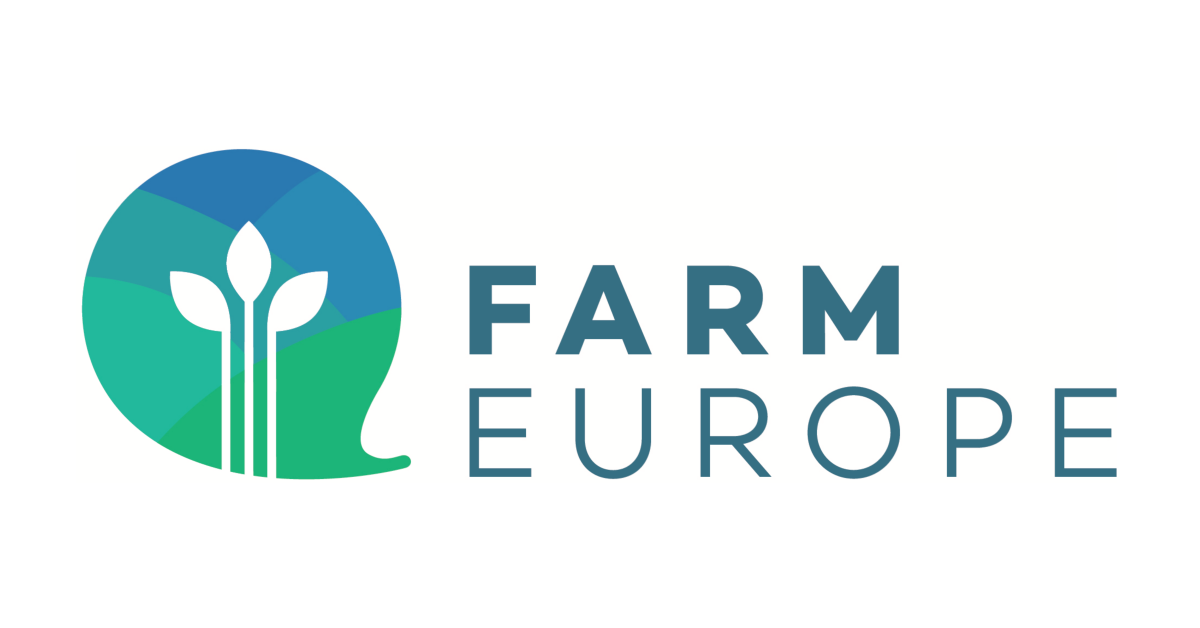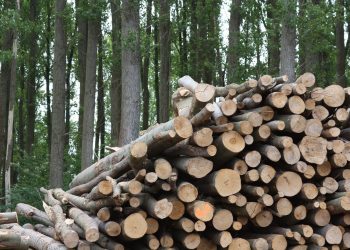The school schemes for food procurement are a European initiative whose aim is to improve the quality and the variety of nutritional intake for children in school age. They represent one branch of the preventive arm of the more general approach of the EU in its health policies by educating the next generation to healthy and balanced diets, the care of the self, and to the cultural value of food. Or, at least, they could.
Today the the COMAGRI Committee voted on the INI report on the European Milk and School Fruit and Vegetables Programmes.
Farm Europe welcomes the position taken by COMAGRI to focus on the issues of increasing awareness and education, making the scheme available to more children, addressing the issue of allergies, and maintaining support for traditional foods, including milk and dairy products, rather than imitations.
As analysed by Farm Europe (https://www.farm-europe.eu/news/eu-school-food-procurement-schemes/), in order to improve the implementation and efficacy of the programs, the following actions should be taken :
- Improve inclusiveness: the programs can only be effective if they reach out to a maximum of children enrolled in schools. At the end of the day, the aim of the programs in this sense should be to include 100% of children who attend school for educational course and for the additional activities (cooking classes, farm visits, food tasting, etc.). Furthermore, free procurement of F&V, milk and dairy to children coming from weak socio-economic situation (two firsts’ quintiles) should be considered, as the current schemes allow MS to decide whether families should partly compensate for the costs.
- A truly effective coordination amongst the actors involved in the programs (schools, families, State, producers and other actors of the food supply chain) shall be implemented to effectively assure coherence and facilitate exchanges within the organisation of both the procurement and the educational measures.
- Even the financing amongst states: funds should be re-calibrated based on the actual nutritional needs of pupils in member states, considering as well the socio-economic background and focus their action where most needed.
- Give more importance to educational -accompanying- measures: it is indeed necessary to dedicate more efforts to the educational measures, within the framework of informing pupils about diets and lifestyle that should be balanced, and include the balanced use of different raw, or minimally processed, ingredients during cooking. This approach, with increased educational training, might also target and reduce the plague of food waste in school canteens, which is estimated to be around 19,3Kg per student per school year.
- Consider holistic approach:
- ▪ To focus on all children at school, from elementary schools (and pre-schools) to 15 years old.
- ▪ To include in the financing of the program activities that cover cooking classes, multidisciplinary courses on nutrition (link to biology, seasonality, philosophy, medicine, art, etc.).
- ▪ To give more concrete support to the actors ‘on the field’, responsible for the actual implementation of these programs (teachers, canteen personnel, chefs, dieticians, etc.).
- ▪ To accompany communication campaigns all along the school year, nudging students towards reconfirmation and strengthening of the messages learnt during class hours.
- ▪ To ban ultra-processed foods and competitive food from school environments and to focus on natural and traditionnal foods, including in order to answer adequately to the problem of allergens and to refuse any attempt to include imitation or synthetic food.
- ▪ To incentive the development of tasty foods offered in canteens: the nutritionally balanced meal should be kept as the priority of public procurement, but taste and pleasure are just as fundamental parts of eating as food.
- ▪ To reduce national administration burdens for educational institutes, providers of food, local administrations, notably by strengthening their digitalisation.
- ▪ To cover the totality of local ingredients and products during cooking classes, tasting activities, canteen menus.
- ▪ To provide a mechanism that allows schools to receive fruit and vegetables from local farmers (and, in general, local supply chain) in the closest proximity. Moreover, it is necessary to develop a close relationship between local farmers, who represent an important resource also in terms of knowledge for the area, and the children, who are the citizens of the future, together with actors of local food supply chains.
Lastly, the issue of funding will have to be tackled if the aim is to have efficient procurement programmes delivering truly. EU financing support should be defined as to be a true lever of mobilisation of national support (public and/or private) to reach an overall budget of € 2.7 billions per year benefiting all the 67 million of European children.
O artigo foi publicado originalmente em Farm Europe.




















































